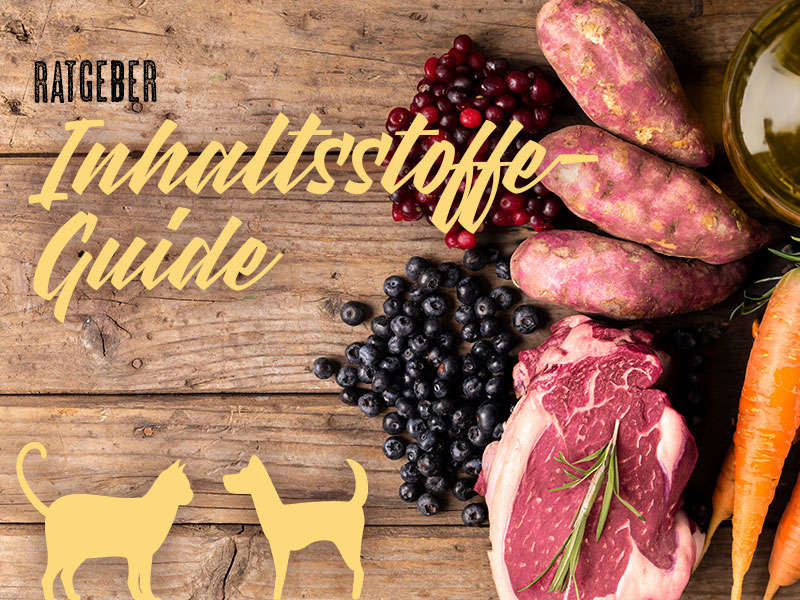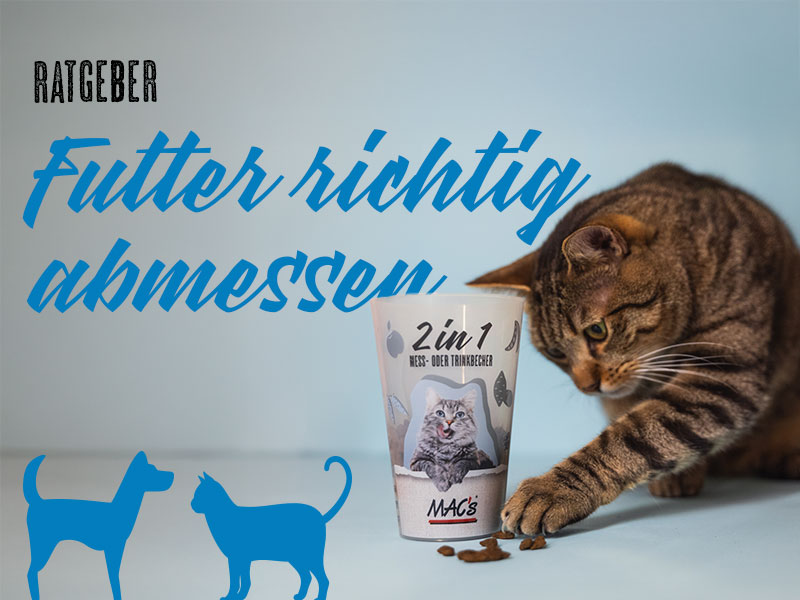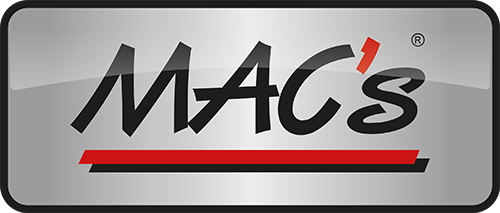worauf du bei tiernahrung achten solltest:
Bei der Auswahl richtigen des Futters für deine Fellnase sollten dessen Bedürfnisse im Vordergrund stehen. Die sind nämlich so individuell wie dein Tier selbst. Worauf du dabei allerdings ganz besonders achten solltest, ist die Kennzeichnung als „Alleinfutter“ oder “Vollnahrung”. Derartig gekennzeichnete Produkte müssen individuelle Kriterien erfüllen, damit deine Fellnase über die tägliche Fütterung alle nötigen Nährstoffe erhält und gesund bleibt.
Wichtig zu wissen ist außerdem, dass artgerechte Ernährung nicht allein aus teurem Muskelfleisch besteht. Innereien sind ebenso wichtig für ein ausgewogenes Nährstoffverhältnis. Wertvolle Vitamine, Eisen und Folsäure sind in Herzen, Muskelmägen und Co. enthalten. Früher wurden Nebenprodukte wie Niere, Lunge, oder Euter von uns Zweibeinern verzehrt, heute werden sie aber kaum noch für den menschlichen Genuss angeboten, weil die Nachfrage extrem gering ist. Für unsere Tiere sind diese aber essentiell wichtig.
Ebenso wichtig für die Gesundheit von Hunden und Katzen sind Omega-3- und Omega-6-Fettsäuren. Insbesondere Omega-3 muss zwingend über die Ernährung zugeführt werden, weil der Organismus unserer Vierbeiner diese Fettsäure nicht selbstständig herstellen kann.
Welche weiteren Inhaltsstoffe haben welchen Zweck? Wir haben sie für dich zusammengetragen.
Der Inhaltstoffe-guide für dich und deine fellnase
Nützliches Gemüse:
Kartoffeln
… sind leicht verdaulich und wirken schonend für den Magen, da sie die Magenschleimhaut schützen. Sie liefern eine Menge Proteine und Kohlenhydrate und bilden so eine hochwertige Energiequelle.
Karotten
… sind nicht nur eine großartige Quelle für Ballaststoffe, sondern stecken auch voller Vitamin A und Beta-Carotin. Dadurch fördern sie die Augengesundheit und Sehkraft.
Erbsen
… gehören zu den wichtigsten pflanzlichen Proteinlieferanten. Sie sind reich an Ballaststoffen und unterstützen die Darmfunktion.
süsskartoffeln
… sind reich an Ballaststoffen. Sie fördern die Verdauung und enthalten eine Menge Antioxidantien. Diese schützen den Körper vor Entzündungen und helfen, den Blutzuckerspiegel im Gleichgewicht zu halten.
Kürbis
… enthält viele verdauungsanregende Ballaststoffe. Er steckt zudem voller Vitamine, die das Immunsystem stärken und unterstützt die Blasenfunktion sowie die Insulinregulierung.
Praktische Obstsorten:
cranberries
… sind wahre Vitaminbomben, denn sie enthalten besonders viel Vitamin C sowie Antioxidantien. Sie haben eine positive Wirkung auf die Blasen- und Nierenfunktion, denn sie können das Auftreten von bakteriellen Infektionen in Blase und Niere reduzieren.
heidelbeeren
… sind ebenfalls kleine Vitaminbomben, denn sie enthalten reichlich Vitamin C und E. Spezielle Gerbstoffe der Heidelbeere wirken gegen Durchfall, hemmen die Vermehrung von Bakterien und beschleunigen die Heilung von Schleimhautentzündungen.
Bananen
… besitzen einen hohen Gehalt an Kalium und enthalten die Vitamine A, B, C und E. Kalium ist wichtig für die normale Funktion von Herzmuskel und Nerven. Kalium senkt zudem das Risiko der Struvitsteinbildung im Harn, da es den pH-Wert des Harns erhöht.
Apfel
wirkt entgiftend im Magen- und Darm-Trakt und hilft bei Verstopfung oder Durchfall. Während seine antibakterielle Wirkung unter anderem die Zahngesundheit unterstützt, kann das enthaltene Biotin für einen gesunden Stoffwechel und glänzendes Fell sorgen.
Wichtige Zusatzstoffe:
lachsöl
… enthält mehrfach ungesättigte Fettsäuren, die der Körper zur Reparatur, Erneuerung und Neubildung von Zellen braucht. Zudem unterstützen sie die Verdauung, wirken entzündungshemmend und regulieren Blutdruck und Blutfette. Die enthaltenden Omega-Fettsäuren sorgen zudem für gesunde Haut und weiches Fell.
Eierschalen
… sind eine natürliche Calcium-Quelle. Dadurch werden Knochen und Zähne gestärkt sowie die Gesundheit der Gelenke und des Knorpels unterstützt.
neuseeländische Grünlippmuschel
… ist ein natürlicher Lieferant von Chondroitin und Glucosamin und unterstützt dadurch gesunde Gelenke, Knorpelbildung und verbessert die Mobilität. Des Weiteren enthält sie eine einzigartige Mischung aus essentiellen Fettsäuren.
seealgenmehl
… dient als natürlicher Jod-Lieferant und unterstützt so die optimale Funktion der Schilddrüse. Zudem enthält es wertvolle Aminosäuren, Vitamine und Mineralstoffe.
glucosamin
… ersetzt die knorpelaufbauenden Funktionen, die der Körper des Hundes im Laufe der Zeit verliert. Es sorgt so dafür, dass die Gelenke auch im Alter gesund bleiben und der Hund vor Gelenkproblemen geschützt ist.
Chondroitin
… ist genau wie Glucosamin ein wichtiger Bestandteil des Knorpels. In der Nahrung trägt es dazu bei, die Gesundheit des Gelenkknorpels und der Gelenke insgesamt zu erhalten, beziehungsweise zu verbessern.
Mannan-Oligosaccharide (MOS)
… sind Präbiotika, die zugesetzt werden, um die Darmgesundheit zu verbessern. Sie dienen sozusagen als Nahrung für die guten Darmbakterien und sorgen so für einen gesunden und gut funktionierenden Magen-Darm-Trakt.
Taurin
… ist eine essentielle Aminosäure und für Katzen besonders wichtig , da sie wichtige Körperfunktionen aufrecht erhält und von der Katze nicht selbst produziert werden kann. Taurin fördert die Aufnahme von wertvollen Fetten aus der Nahrung, hilft bei der Regulation der Körpertemperatur und unterstützt das Immunsystem.
Flohsamen
… sind richtige Allrounder: Aufgrund ihres hohen Ballaststoffanteils wirken sie verdauungsfördernd und sind nützlich für die natürliche Funktion von Magen und Darm. Zudem können sie Abhilfe bei Verstopfung schaffen, sorgen für glänzendes Fell und können Allergien lindern.
Krasse Kräuter:
Brennessel
… enthält zahlreiche Mineralstoffe wie Calcium, Magnesium und Kalium sowie Eisen und Silicium. Darüber hinaus ist sie
reich an Vitamin A und C und eine hervorragende pflanzliche Eiweißquelle.
rosmarin
… hat eine fördernde Wirkung auf die Durchblutung und den Kreislauf. Außerdem fördert er die Verdauung, wirkt krampflösend und entzündungshemmend.
Katzenminze
… ist besonders hilfreich bei aggressiven oder appetitlosen Katzen. Sie regt den Appetit des Stubentigers an und hat eine beruhigende Wirkung.
Petersilie
… ist reich an Antioxidantien, welche die freien Radikalen im Körper bekämpfen. Außerdem kann sie den Stoffwechsel anregen und Entzündungen hemmen.
kamille
… wirkt sich dank seiner entzündungshemmenden Inhaltsstoffe positiv auf Magen-Darm-Probleme aus und kann bei Durchfallerkrankungen Abhilfe schaffen.




